
by
William D’Angelo
, posted 3 hours ago / 492 Views
Peter Moore, the former Xbox, Sega, and Electronic Arts executive, in an interview with IGN discussed the state of console gaming and how it has failed to grow in a long many years.
“Yeah, well the numbers don’t lie,” said Moore. “Let’s not forget hardware is a messy business. If you extract hardware and look at the P&L (profit and loss) on its own, it’s brutal, but it’s the facilitator to the software and services that drive the industry. You’ve got a generation coming through now, and this is the concern maybe Phil’s talking about, that’s more likely to be utilizing their smartphone for everything, including gaming.
“From the perspective of what the console means, it was a plug and play. It was easy, it was powerful. But it goes back 35, 40 years. What you’re now seeing and certainly hearing from a company like Microsoft is, does the cloud replace the need for bespoke hardware? Does streaming change the way we game to the devices that we’re now used to, in particular smartphones? I don’t think people are gaming less, they’re just gaming differently. And more and more you’re seeing a generation coming through that is not about to sit down for an evening in front of the television with whatever the game du jour is this week.”
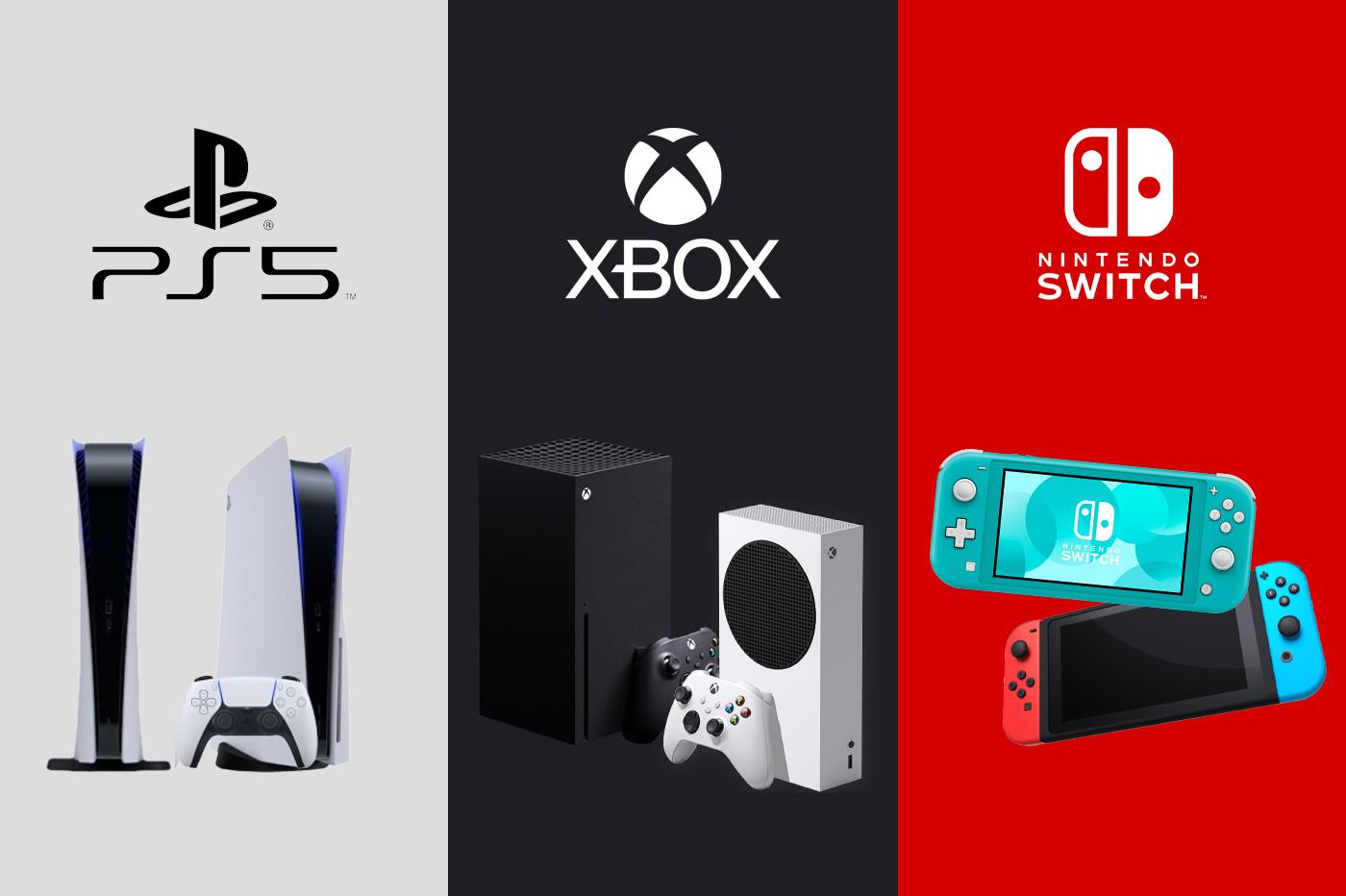
He added, “Gaming, while still robust — let’s not forget, we’re probably $200 billion this year — it’s fragmented across regions, across different content, and there’s only so many hours in a day and there’s so many choices for us to use those hours. Information, entertainment, more and more content, YouTube, streaming channels — for me it’s Apple TV, Paramount Plus, Peacock, Amazon Prime, go on and go on. And linear television sits in the background now, but with that immense opportunity to sit and gorge on content rather than interact with a console.”
Moore said that even when he was working at Xbox in 2007 there were discussions if the Xbox 360 generation was going to be the last console generation as they wondered if TVs would come with chips that can play games and all gamers would need is a controller.
“The broader picture — and we certainly feared during my time even at Microsoft — we were saying then, in 2007, is this the last console generation?,” said Moore. “Do televisions start to come with chips that can play games and you just need a controller? Is the PC, as it was then, a renaissance? And why do you need a bespoke piece of hardware that costs us, Microsoft, billions upon billions of dollars to install, and you hope to hell you get an attach rate of software and something out of your Xbox Live, your connected service, that would justify the losses, the hemorrhaging of cash that hardware costs you?”
He added, “So I think that’s what we’re facing. In particular Microsoft with Azure is thinking, are we now finally ready for cloud gaming? Are we finally ready to just crank on our 8K television, get in our gaming menu with 10,000 games available? Who’s playing what right now? Click, go, play.”
Moore said the reason they discussed the last generation in 2007 was due to faster and cheaper internet speeds with broadband, and the growth of streaming with movies and music.
“Yeah, the Xbox 360, during the back end of that,” said Moore when pressed about the discussions of the Xbox 360 being the last console generation. “You have that concern. If you were thinking then of something that launched the mid-2000s, what does the end of the decade look like and how long the cycles were — usually five, six years — and what does it look like in five, six years? Are we going to need another? Well, the answer ultimately was yes, but the questions were being asked then.
“And why? Because you’ve got faster, cheaper broadband, more ubiquitous in just about everybody’s home. I always remember this: you’re looking at music and the lessons learned, and all of a sudden streaming of high definition movies was starting to happen as we had those capabilities at home. Again, gaming wasn’t immune to this. The thing that kept us going was, games were 30 gigabytes then or 40 gigabytes and music was four megabytes, and a movie you could stream, but it was linear and passive.”

Moore was asked if the Xbox Series X|S and PlayStation 5 would be the last console generation and he stated, “PS5 saying, yeah, maybe we could sunset this thing, but no mention of a PS6. Now look, Sony is very much a hardware company, so I would say that that’s your barometer company.
“Microsoft, not so much. Microsoft I’m sure would love it if everything moved into the cloud. The only thing that Microsoft doesn’t get to play in as well as anybody else is the smartphone business, right? Because that’s where Apple, Google, the handset manufacturers will benefit from enormously and they already are. They’re making tens of billions of dollars without really trying in gaming with the 30% royalties.
“But I think it’s a real serious question that’s being asked I’m sure in Tokyo, in Redmond, Washington, in Kyoto. That’s what everybody’s working on right now, because when you start off that next generation, you’ve got to be ready to absorb billions of dollars in losses. And is the industry, given all the layoffs and everything we’re going through right now, is the industry ready for that? Look at Sony laying off 900 people — a lot there in the UK. My two eldest daughters work at EA, they’re all right, but they’re always looking over their shoulder.
“You just never know. And tech broadly, Silicon Valley broadly, you just don’t know what’s going on anymore as everything evolves and inflation hasn’t helped. A lot of companies, gaming companies in particular, did not exit Covid well, hired too aggressively thinking this thing was never going to wind out again. And of course it did. I always call it the Peloton theory of like, oh, we’re forever going to be at home and we’re forever going to be playing games and jumping on a bike. Well, no, we’re not. And if you thought that, as did Peloton, and you geared up for that future, then that’s why they’re in such a financial mess right now.
“So I think that in answer to your question, those are the questions that are being asked right now and it’ll all be tied around, do we continue to develop silicon? The role of AI, what does that mean? You can’t look away from that. Are these companies willing to go another round of multi-billion? And at the same time you’re gearing up for another cycle where gamers may not embrace the console and just say, you know what? I don’t need this, times are tough.
“I’ve got my phone, I’m enjoying what I’ve got on my phone. There’s plenty of games I can play. Failing that, of course I have my PC or my Mac, I can go do whatever I need to do there. And do I really need to be spending what could be five, $600 on a bespoke piece of hardware just to play games? So both the companies and gamers themselves are asking this question.”
He added, “What is it that PS6 can do that PS5 can’t that would make people jump from PS5, or same with Xbox, same with Switch, right? God forbid it’s just incremental. And I think that the companies are also looking at that. What can we do to extend this life cycle?
“And then if you’re Microsoft and you’re Phil Spencer, you’ve got Satya Nadella coming in and saying, alright, what is the future here and how does this play into the biggest strategy of cloud with Azure, with AI? What are we doing with AI game development? How do you make your games faster, cheaper, with less people? These are all the questions I think are being asked.”

Moore doesn’t want to be a doomsayer, but sees things are changing in the gaming industry and the words of first-party and third-party might disappear.
“I’m not being a doomsayer,” he said. “What I think Phil is doing is setting up some smoke signals that we’re thinking very differently. And then the idea of, well, we bought Activision Blizzard King, but we may not make those games ultimately exclusive on our platform. There may not be a platform, and we turn into what we really had at our roots, which is a software and services company.”
He added, “I think the words first-party and third-party may just disappear. It’ll just be, we make great games and we deliver a phenomenal service on which you can play our games, and first-party and third-party, those are legacies of hardware.
“I think the question that will be being asked from Nadella and the executive team to Phil is, alright, what we’ve just given you, whatever it was, $69 billion, but what does the next five to 10 years look like, Phil? What is the long-term strategy? Exactly what’s going on right now? And yeah, they’ll be like, alright, we’re thinking about what the next-generation of hardware could look like. But the challenge will undoubtedly be coming from Nadella: what does it look like without hardware? And so that’s going on right now, and, what do we look like if we’re more like EA than we are Sony? So that’s what I’m sure is going on.”
Moore said Xbox releasing four of its games on rival consoles is way to test the water to see how well it does.
“I think they’re dipping the toes in the water to see how all of this works,” he said. “And you do it a little bit tentatively and go, all right, let’s test the ecosystem here. We’re not throwing Halo out there.”
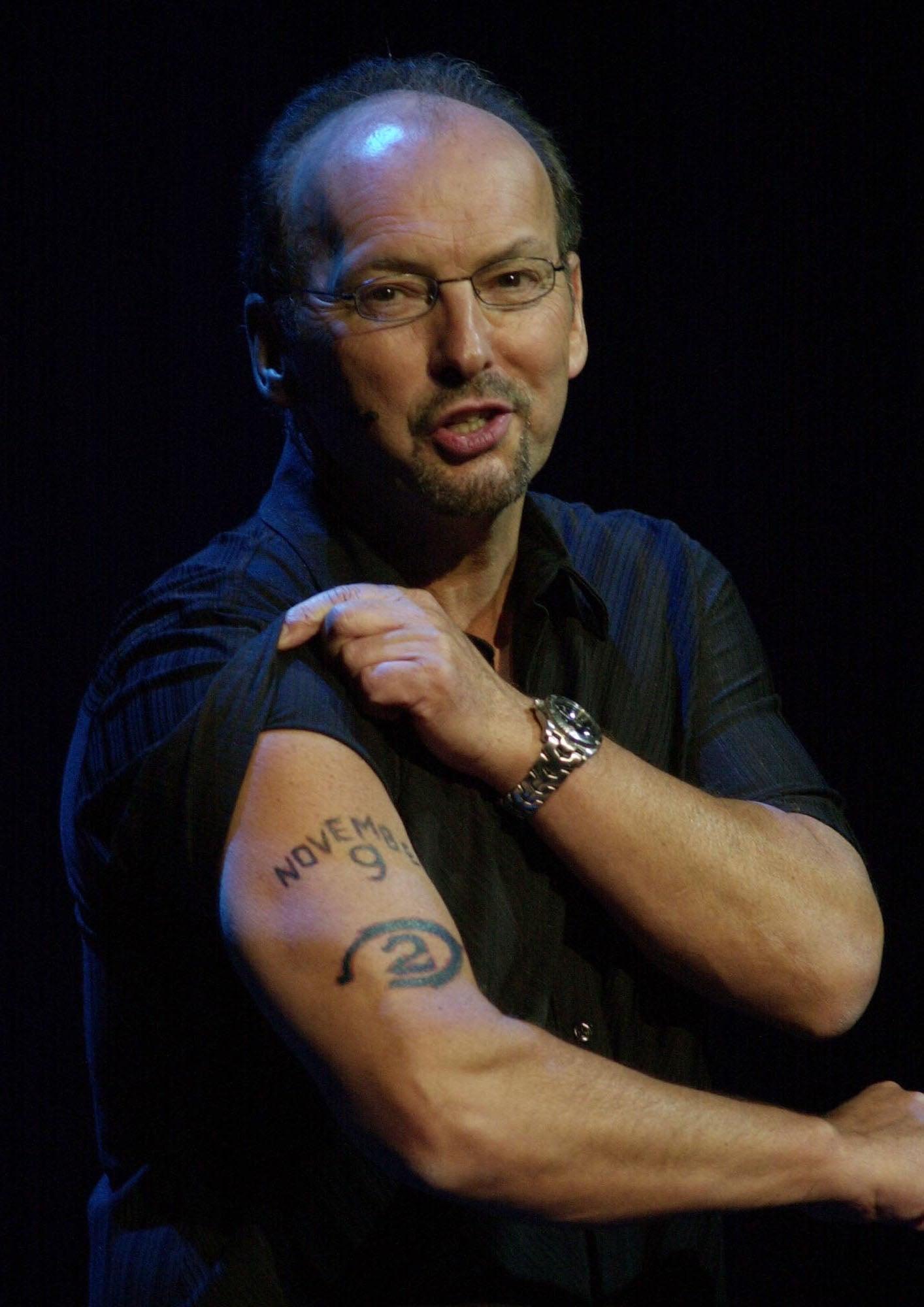
He added, “Look, if Microsoft says, wait, we’re doing $250 million on our own platforms, but if we then took Halo as, let’s call it a third-party, we could do a billion… You got to think long and hard about that, right? I mean, you just got to go, yeah, should it be kept? It’s a piece of intellectual property. It’s bigger than just a game. And how do you leverage that? Those are the conversations that always happen with, how do you leverage it in everything that we would do?
“It’s had its ups and downs, but look, Xbox wouldn’t be what Xbox is without Halo. But yeah, I’m sure those conversations are happening. Whether they come to fruition, who knows? But they’re definitely happening, I’m sure.”
Moore was last asked about potential backlash from the hardcore Xbox community would make a difference to Microsoft.
“The question would be, ultimately, is that reaction enough not to make a fundamental business decision for the future of not only Microsoft’s business, but gaming in itself? Those hardcore are getting smaller in size and older in age. You’ve got to cater to the generations that are coming through, because they’re going to drive the business over the next 10, 20 years,” he concluded.
A life-long and avid gamer, William D’Angelo was first introduced to VGChartz in 2007. After years of supporting the site, he was brought on in 2010 as a junior analyst, working his way up to lead analyst in 2012 and taking over the hardware estimates in 2017. He has expanded his involvement in the gaming community by producing content on his own YouTube channel and Twitch channel. You can contact the author on Twitter @TrunksWD.
More Articles
#Xbox #Exec #Peter #Moore #Discusses #Potential #Future #Consoles
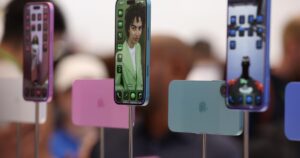










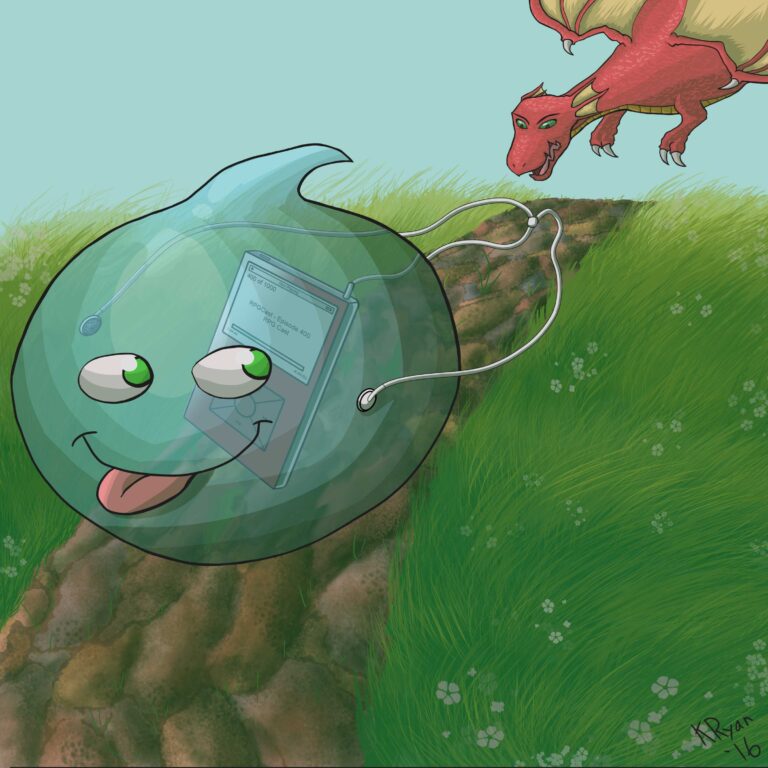

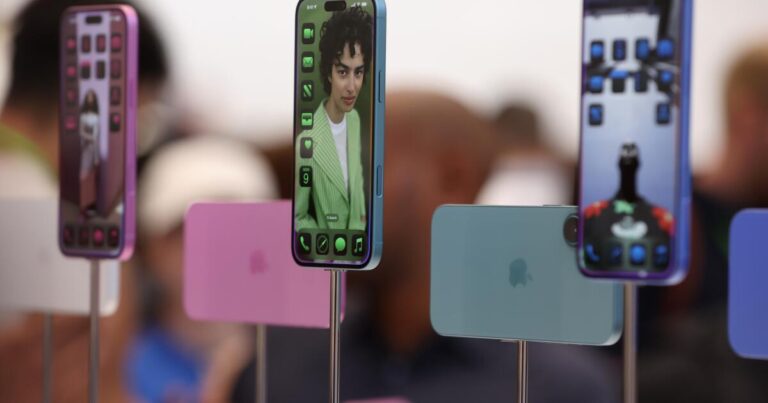

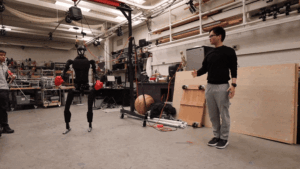




+ There are no comments
Add yours